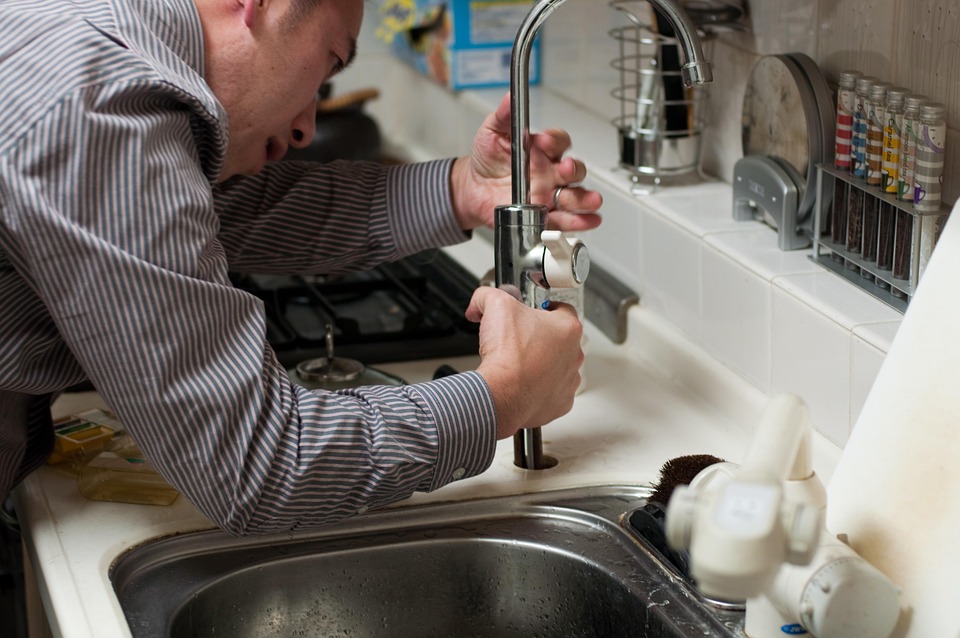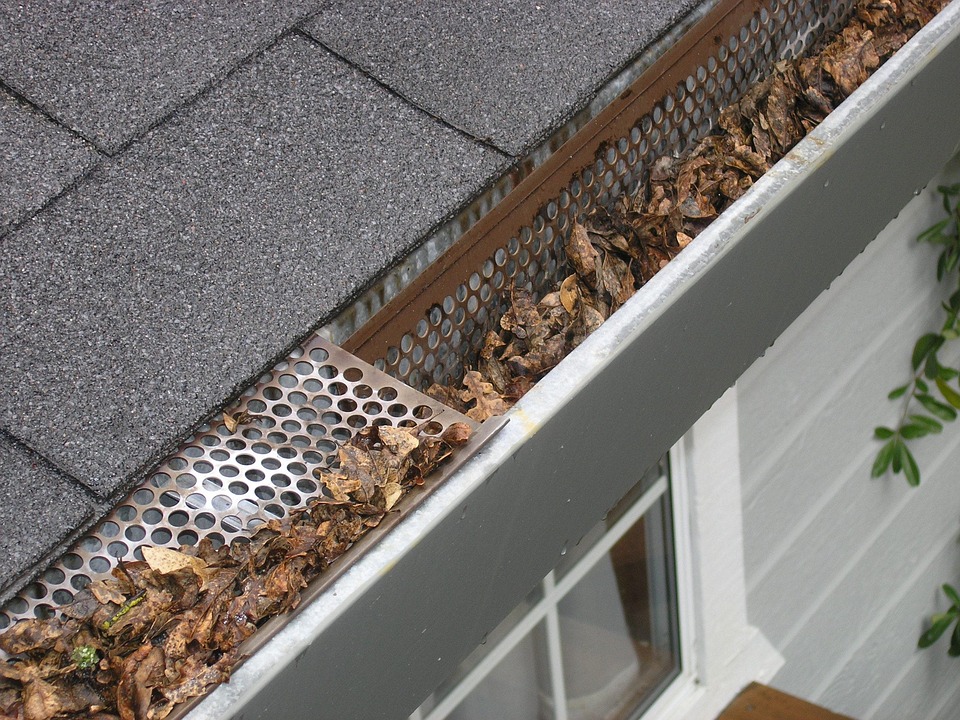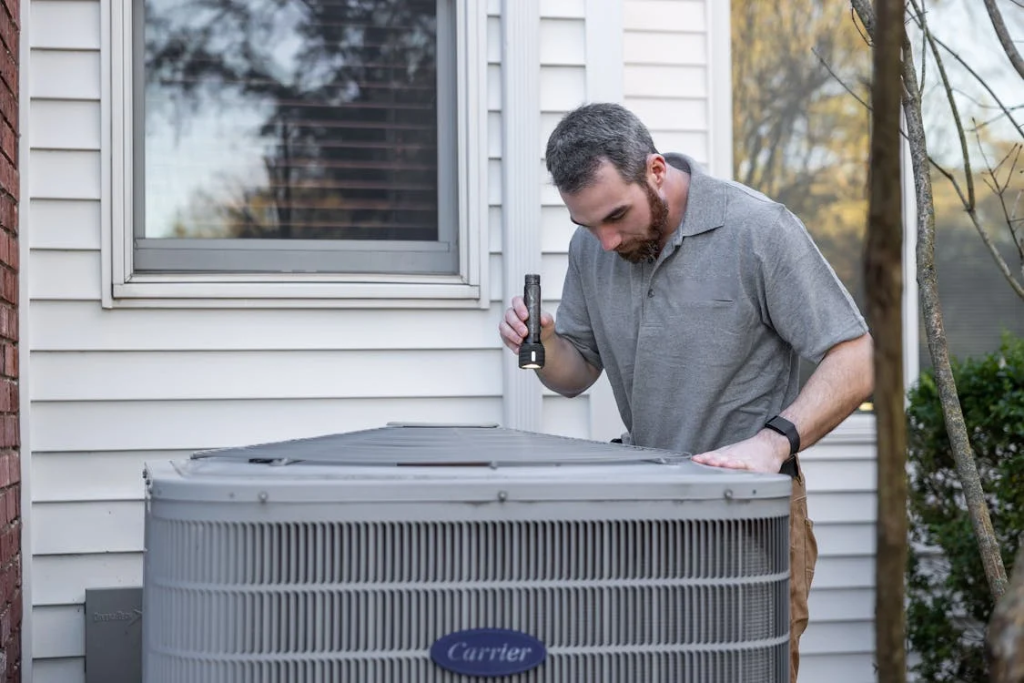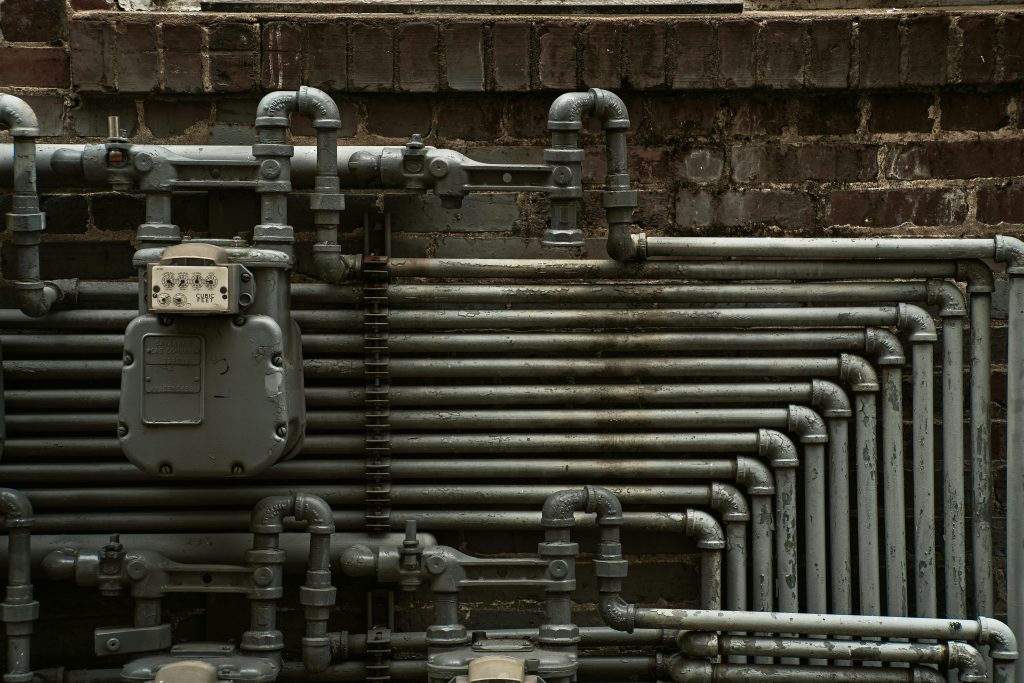Owning a home comes with plenty of hidden expenses, but not every fix needs professional help.
With basic skills, such as the following eight, and the right tools, you can tackle many common issues yourself and save on potentially expensive costs.
HVAC Filter Replacement and Maintenance
Your HVAC system runs year-round, keeping your home comfortable. But neglecting the filter can add strain to the system, increasing energy bills and potentially leading to expensive repairs down the line.
A clean filter keeps airflow consistent, improves efficiency, and prevents dust buildup in ducts or on sensitive components.
A clean filter keeps airflow consistent, improves efficiency, and prevents dust buildup in ducts or on sensitive components—making routine maintenance an essential part of reliable HVAC, plumbing and electrical services in Destin, Santa Rosa Beach and 30A.
Most filters are easy to swap out—simply locate the filter slot, slide out the old one, and insert a new filter matching your unit’s size.
Want more advanced skills? With hands-on industrial maintenance technician training, you could learn how to troubleshoot entire systems like a pro while cutting long-term homeownership expenses even further.

Image source:
Plumbing Basics for Small Fixes
Learning basic plumbing saves money and helps avoid major water damage.
Tasks like fixing a leaky faucet, unclogging a drain, or replacing a toilet flapper don’t require professional intervention.
For instance, you can repair leaks by tightening connections or swapping out old washers using simple tools like wrenches and screwdrivers.
Minor jobs such as installing new sink aerators or cleaning out showerheads are also manageable with minimal effort.
Addressing these smaller problems quickly prevents them from turning into costly repairs down the road. Plus, you can save money from not wasting water through dripping taps, etc.
Appliance Maintenance and Cleaning
Regular upkeep of appliances reduces repair costs and extends their lifespan.
Tasks like cleaning your refrigerator’s coils improve energy efficiency, cutting down on electricity bills. A vacuum or soft brush can remove dust buildup easily.
And dishwasher spray arms may get clogged with food particles over time—clearing these blockages ensures optimal performance without needing a service call.
Similarly, checking dryer vents for lint prevents overheating and lowers fire risks.
Simple maintenance routines will keep your appliances running efficiently while saving money on repairs and replacements.
Sealing Windows and Doors
Poorly sealed windows and doors let air escape, increasing heating and cooling costs. Fixing drafts with simple solutions like caulking gaps or applying weather stripping is inexpensive yet effective.
Inspect for cracks or worn seals around frames—these are common culprits for energy loss.
A tube of silicone caulk works well to fill gaps, while adhesive foam strips close drafty door edges.
By improving insulation in these areas, you can lower your energy bills significantly while making your home more comfortable year-round.
Basic Lawn Equipment Repairs
Maintaining lawn equipment keeps it working efficiently and avoids the cost of replacements or professional servicing.
For example, sharpening your mower blades ensures a clean cut, preventing damage to grass and reducing strain on the engine.
Replacing trimmer lines is another simple task—most models allow for easy installation with minimal effort.
Additionally, checking oil levels in gas-powered tools or cleaning out debris from moving parts extends their lifespan.
Routine care of lawn equipment saves you money while keeping your yard in great shape.

Image source: https://pixabay.com/photos/gutter-guard-ipswich-2434467/
Roof Inspection and Gutter Cleaning
Regular roof and gutter maintenance prevents costly repairs by addressing small problems early.
Clear gutters of leaves and debris to avoid water buildup that can damage your roof or foundation. A sturdy ladder, gloves, and a bucket are all you need for this task.
Inspecting the roof for loose shingles, cracked tiles, or signs of wear helps catch issues before they escalate.
Simple fixes like replacing a damaged shingle protect against leaks.
These preventative measures save money while preserving your home’s structure.
Replacing Outlets or Light Switches Safely
Minor electrical repairs, like replacing broken outlets or light switches, are simple with proper safety precautions.
Always turn off power at the breaker before starting to avoid risks. Use a voltage tester to confirm no electricity is flowing.
You’ll only need basic tools like a screwdriver and new parts, which are affordable at any hardware store.
Follow step-by-step guides available online for confidence in completing the job.
Handling these minor tasks yourself saves electrician fees while ensuring your home stays functional.
Basic Wall Repairs
Repairing small wall damage yourself not only saves money on labor costs, but also prevents further problems that could arise if left unchecked.
Nail holes, dents, and cracks can weaken walls over time. In some cases, these gaps may let moisture seep in, causing water damage or even mold growth—both expensive to fix.
Drafts can also enter through larger cracks, increasing your heating and cooling bills.
With simple materials like spackling paste, a putty knife, and sandpaper—all affordable at hardware stores—you can address minor issues quickly.
(Smooth the paste over damaged areas using the putty knife; once dry, sand for a flawless finish before touching up with paint.)
By fixing small wall imperfections early on with minimal effort and cost investment, you can avoid long-term expenses while maintaining your home’s comfort and appearance!





















